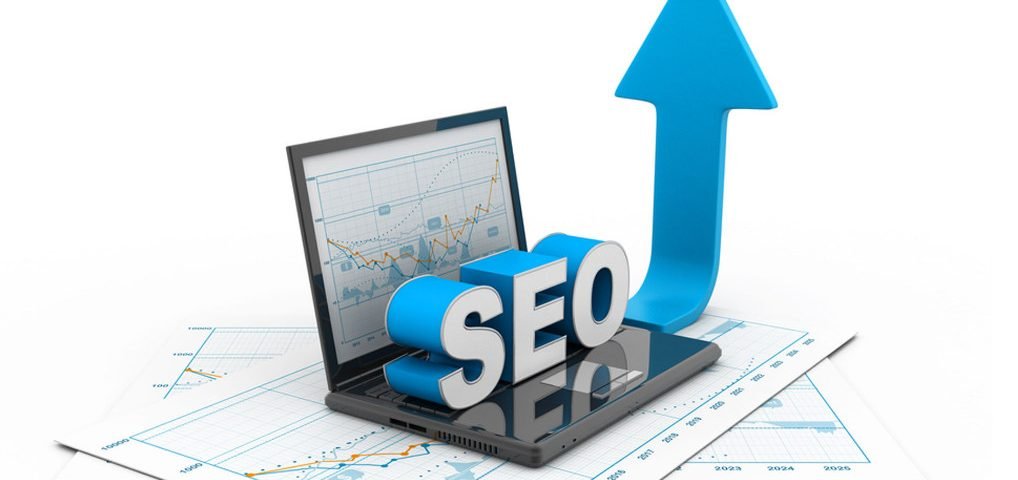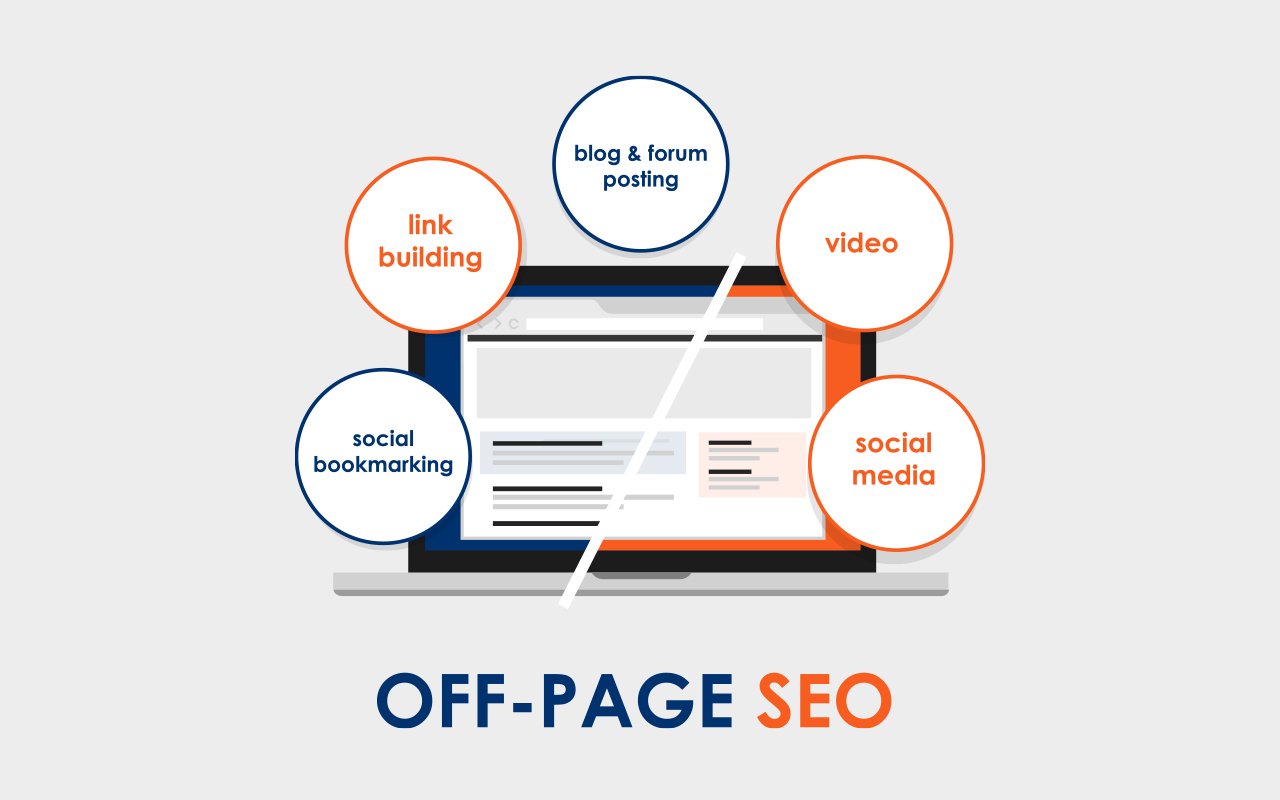In the ever-evolving world of Search Engine Optimization (SEO), link reclamation has emerged as a vital tactic for improving a website’s visibility and authority. So, what is link reclamation in SEO? This strategy involves identifying and reclaiming lost or broken backlinks to your website. By doing so, you can effectively enhance your site’s ranking and strengthen its online presence. In this article, we’ll delve into the nuances of link reclamation, its significance in SEO, and how you can leverage it for your digital marketing efforts.

What is Link Reclamation?
Link reclamation is a process where you identify and fix lost or broken links that originally pointed to your website. These lost links can occur due to various reasons, such as content removal, URL changes, or website restructuring. By reclaiming these links, you can restore the link equity that was once directed towards your site, ultimately improving its search engine ranking.
Why is Link Reclamation Important in SEO?
Link reclamation plays a crucial role in SEO because it helps maintain and enhance your site’s authority. Search engines like Google consider the number and quality of backlinks as a significant ranking factor. By reclaiming lost links, you ensure that your site continues to benefit from the link juice, which can lead to higher rankings and increased traffic.
Benefits of Link Reclamation
- Improved search engine rankings
- Enhanced domain authority
- Increased organic traffic
- Strengthened online brand presence
How to Identify Lost Links
To effectively reclaim links, you first need to identify which links are lost or broken. You can use tools like Google Search Console, Ahrefs, or Moz to track your backlinks and identify any issues. These tools provide detailed reports on your site’s backlink profile, highlighting any lost or broken links that need attention.
Using Google Search Console
Google Search Console is a free tool that provides valuable insights into your site’s performance. To find lost links, navigate to the ‘Links’ section and check for any broken or missing links. You can then take action to reclaim these links.
Using Third-Party Tools
Tools like Ahrefs and Moz offer comprehensive backlink analysis, enabling you to identify lost links and take appropriate measures to reclaim them. These tools also provide additional features like link building opportunities and competitor analysis, helping you stay ahead in your SEO game.
Steps to Reclaim Lost Links
Once you’ve identified the lost links, follow these steps to reclaim them:
Reach Out to Webmasters
Contact the webmasters of the sites that originally linked to your content. Politely request them to update the broken link with the correct URL. Provide clear instructions and be courteous in your communication.
Update Your Content
If the lost link points to outdated or removed content, consider updating or republishing the content. Ensure that the new content is relevant and valuable to the audience, increasing the chances of the link being restored.
Utilize 301 Redirects
Implementing a 301 redirect is an effective way to reclaim links. This redirect informs search engines that the original URL has permanently moved to a new location, ensuring that the link equity is passed on to the new page.
Common Challenges in Link Reclamation
While link reclamation is a powerful SEO strategy, it does come with its own set of challenges. These include:
- Difficulty in contacting webmasters
- Time-consuming process
- Potential for low response rates
Despite these challenges, the benefits of link reclamation far outweigh the difficulties, making it a worthwhile endeavor for any digital marketer.
Integrating Link Reclamation with Other SEO Strategies
Link reclamation should be part of a comprehensive SEO strategy. By combining it with other tactics like content marketing, on-page optimization, and ethical off-page SEO practices, you can maximize your site’s potential for success. For more insights on ethical SEO practices, visit this resource.
Content Marketing
Create high-quality, engaging content that naturally attracts backlinks. By producing valuable content, you not only increase the likelihood of link acquisition but also enhance the chances of successful link reclamation.
On-Page Optimization
Ensure that your website is optimized for search engines. This includes optimizing meta tags, improving site speed, and ensuring mobile-friendliness. A well-optimized site is more likely to rank higher and attract organic backlinks.
Link Reclamation Tools and Resources
To streamline the link reclamation process, consider using the following tools and resources:
- Google Search Console: Track and monitor your site’s backlinks.
- Ahrefs and Moz: Comprehensive backlink analysis tools.
- SEMrush: Provides insights into competitor backlinks and link building opportunities.
Case Studies: Successful Link Reclamation
Many businesses have successfully implemented link reclamation strategies to improve their SEO performance. For instance, a digital marketing agency reclaimed over 50 lost links, resulting in a 30% increase in organic traffic. By proactively reaching out to webmasters and updating their content, they were able to restore valuable link equity.
Conclusion
In conclusion, link reclamation is an indispensable strategy in the realm of SEO. By understanding what is link reclamation in SEO and implementing effective tactics, digital marketers can enhance their site’s authority, improve search engine rankings, and drive organic traffic. While the process may be challenging, the long-term benefits make it a valuable investment for any business looking to thrive online.

Frequently Asked Questions (FAQ)
1. What is the primary goal of link reclamation?
The primary goal of link reclamation is to restore lost or broken backlinks to a website, thereby enhancing its authority and improving search engine rankings.
2. How often should I perform link reclamation?
It’s recommended to perform link reclamation regularly, ideally every few months, to ensure that your site continues to benefit from its backlink profile.
3. Can link reclamation impact my site’s SEO performance?
Yes, successful link reclamation can have a positive impact on your site’s SEO performance by restoring valuable link equity and improving search engine rankings.
For more information on off-page SEO strategies, check out this guide.







